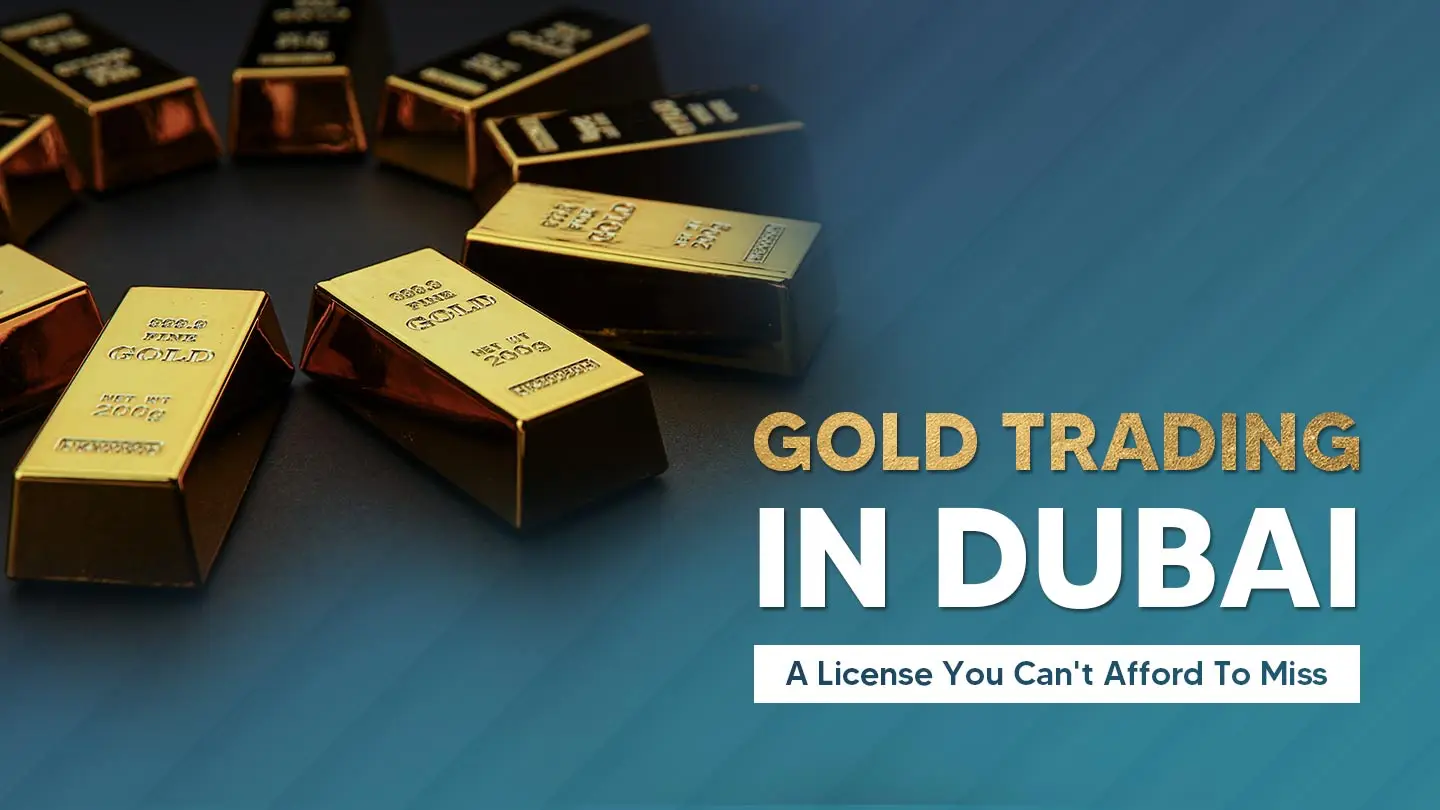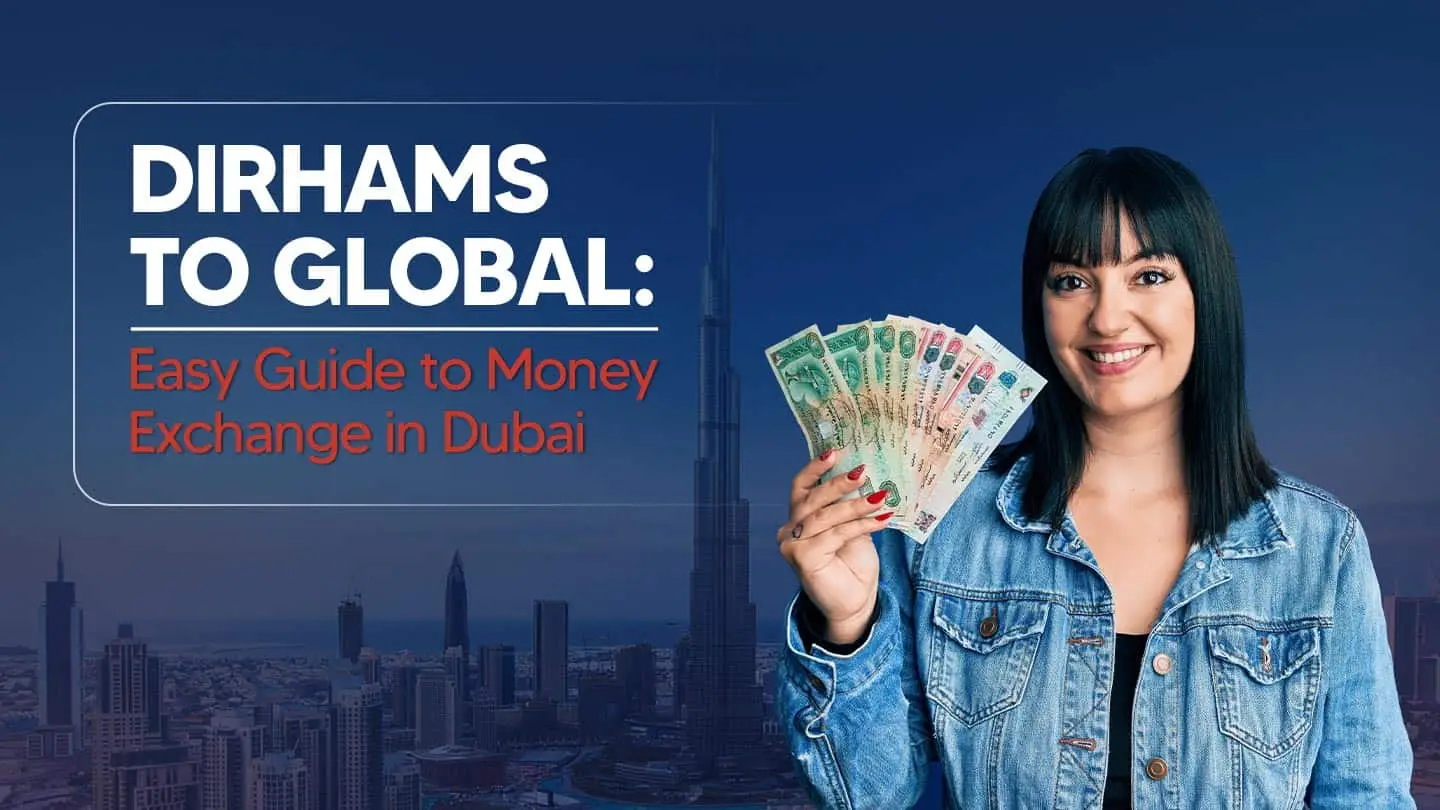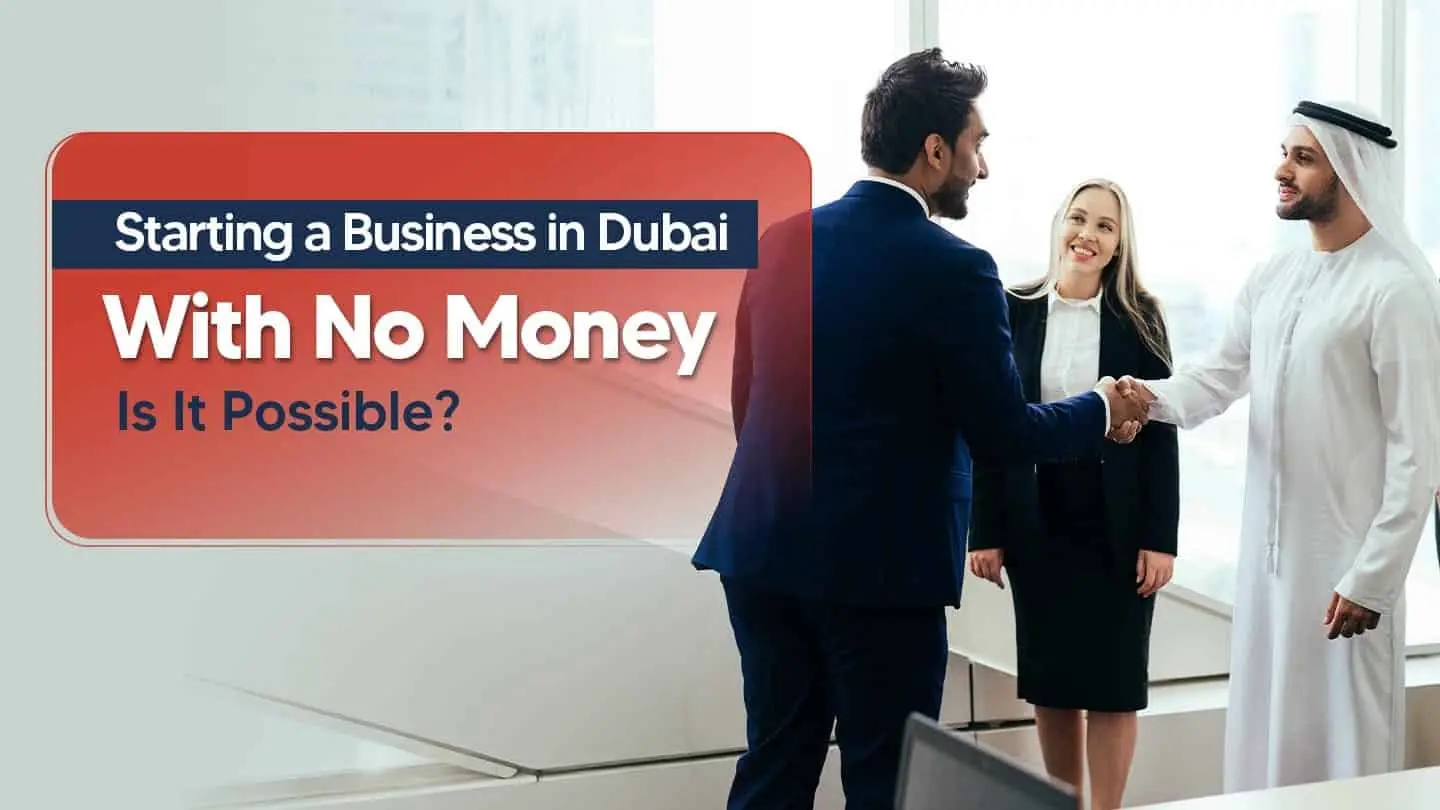The textile industry in UAE stands as a lively witness to the nation’s commitment to economic change and invention. Amidst the towering skyscrapers and active cityscapes, this often-overlooked sector quietly succeeds, intertwining a rich textile of ritual, technology, and trade. From the ancient art of intertwining to cutting-edge fabric technologies, the textile industry in the UAE has evolved into a dynamic ecosystem, an amalgamation of heritage with modernity, to carve out a niche in the global marketplace. In this blog, Shuraa Business Setup, we research the intricacies of this fascinating industry, discovering its historical roots, current landscape, and promising prospects.
What Is the Textile Industry?
The textile industry in UAE encompasses all features of generating, producing, and distributing fabric, garments, and related materials. Traditionally reliant on natural fibers, technological advancements now allow for the manufacture of synthetic textiles using artificial compounds.
Over the past few decades, the textile sector has undergone significant alteration, and the acceptance of modern equipment and techniques to improve efficiency. This development has led to the production of durable materials and technical textiles while prioritizing environmentally sustainable practices. By employing greener manufacturing processes, such as reducing energy consumption and minimising carbon emissions, industry is adapting to meet contemporary demands.
The Dubai textile industry is a prime example of rapid technological advancement. In recent years, substantial investments have been made to improve environmental sustainability nationwide, focusing on bolstering the local textile sector.
Textile Industry of the UAE
Despite minimal marketing efforts, the United Arab Emirates (UAE) hosts a vigorous textile sector, producing a range of items including child safety seats, curtains, luggage, and high-end fashion pieces tailored for local preferences. Woven goods like knitwear stand out as top sellers, propelling the industry to second place in the country’s economy, just behind oil. While serving over 50 international markets, local demand, particularly from male consumers in cities like Dubai, significantly contributes to growth in the high fashion segment.
Moreover, the UAE’s Fujairah “free zone” has attracted considerable business relocation, offering tax exemptions and repatriation benefits. This strategic advantage has spurred the establishment of a major textile mill in 2012, surpassing any other in the Middle East. Notably, its operational efficiency is enhanced by employees maneuvering on roller skates, confirming swift productivity.
Advantages of Textile Industry
The United Arab Emirates (UAE) benefits from strategic advantages that fuel its textile industry’s growth. Its prime location as a shipping hub increases trade opportunities, while booming economies attract businesses looking for tax incentives, expanding the customer base. Initiatives like the International Textile Fair (ITF) in Dubai foster industry collaboration and global visibility. Additionally, the UAE’s expansion into Africa leverages lower production costs and central shipping routes, enhancing competitiveness and market reach.
Challenges Faced by the UAE Textile Industry
One of the primary challenges confronting the United Arab Emirates (UAE) textile industry is its limited marketing efforts. Products are mainly distributed through existing channels or to customers already familiar with them, impeding international exposure. While initiatives like the ITF have been launched to address this, international advertising remains insufficient.
Furthermore, the industry faces stiff competition, notably from Turkey, which benefits from a central location and produces similar goods. This direct rivalry poses a significant threat to the UAE’s market share.
Another pressing concern is the energy crisis. While the situation has improved, many Middle Eastern countries still grapple with power outages and soaring prices of natural gas and other energy sources. This drives up manufacturing costs, leading to higher prices for textile products and eroding competitiveness.
Exploring Dubai Textile City
Dubai Textile City (DTC) is a venture between TEXMAS and the Dubai Port and Customs Authority to allow textile traders in Dubai and beyond. This innovative free zone provides a platform for storing textile fabrics over long periods without experiencing customs duties, mainly catering to traders engaged in re-export activities.
Backed by comprehensive support from Dubai Ports and Customs, DTC offers support in directing visa requirements for its members and rationalising the operational landscape for traders. TEXMAS imagines DTC as a compound for imparting correction within the trade while forecasting its potential to attract global attention, thereby accompanying new markets and customers for Dubai-based traders.
Crucially, obedience to international standards is authoritative within DTC and its affiliated cities, necessitating the utilisation of the metric system for measuring textile capacities. Additionally, vendors must guarantee their products meet national safety regulations, as non-compliance poses significant barriers to business growth and development.
Types of Corporate Structures
Below are the following types of corporate structures:
- Free Zone Limited Liability Company (FZ-LLC)
A FZ-LLC is an independent legal entity with a single owner or shareholder, an individual or a corporate entity. This structure provides stakeholders with limited liability, dropping their risk. However, the risk-to-reward ratio tends to be lower.
- Free Zone Company
A Free Zone Company is a corporate entity comprising two or more shareholders, akin to the FZ-LLC structure. Shareholders may be individuals or corporate entities. This structure is widely adopted as the primary form of company formation within free zones.
- Branch of a UAE or Foreign Company
A branch operates under the name of its parent company and represents an existing entity. The parent company may be located elsewhere in the country or a different jurisdiction.
Once the appropriate business entity type is selected, the next step is determining the specific business activities.
Permissible Business Activities
Like other free zones in Dubai, this location maintains a roster of authorised business activities. This entails diverse opportunities across various sectors, enabling companies to leverage the advantages and perks available. These activities encompass industries such as:
- Trading
- Textile
- Fashion
The free zone fosters an environment conducive to entrepreneurial growth and sectoral diversification by offering a broad spectrum of permissible business activities.
Why Invest in the Dubai Textile Industry?
Here are the reasons why you should consider investing in the textile industry in UAE:
- Popularity Surge: The textile industry in UAE has experienced a surge in popularity, fueled by social media and modern marketing, particularly in fashion apparel.
- Fast Fashion Dominance: The rise of fast fashion, joined with online shopping trends, presents a lucrative opportunity for investment in the textile sector.
- Online Store Advantage: Investing in an online store requires less capital and offers a convenient way to tap into the UAE and global markets.
- Dubai’s Strategic Location: Dubai is one of the world’s most efficient transportation and logistics centres. Its airport handles millions of passengers annually, facilitating global trade.
- Access to Global Markets: Setting up a warehouse and manufacturing facility in Dubai enables easy access to global sales opportunities.
- Online Selling Platforms: Various online platforms, including Shopify, offer marketing and brand-building tools, shortening the procedure of selling textile products online.
Steps to Starting an eCommerce Business in Dubai
Making an online store or eCommerce business in Dubai has become increasingly straightforward, thanks to healthy online tools that eliminate the need for coding. Below are a few steps to set up your online store:
Step 1: Define Your Product
Begin by finalising your product. Given the competitive online landscape, investing time in refining your product is crucial to distinguish it from competitors. Professional photography can meaningfully improve your product presentation and make it stand out on your website.
Step 2: Start Your Online Store
Utilise user-friendly platforms like Shopify to set up your online store flawlessly. These platforms mix eCommerce solutions into website builders, allowing you to purchase a domain, design your website, and manage your inventory all within one interface. Moreover, such platforms offer affordable packages, making them accessible for businesses of all sizes.
Step 3: Invest in Marketing
Marketing plays a pivotal role in the success of your eCommerce business. Beyond promoting individual products, focus on marketing your entire online venture. Study leveraging social media ads and applying SEO strategies to improve your website’s search engine ranking.
How to Start a Business in the UAE?
Going on board a business venture in the UAE is an efficient procedure that can be accomplished within a few weeks, particularly with the help of professional consultants. Here’s an essential step to start a business in the United Arab Emirates:
Step 1: Choose a Memorable Name
Begin by selecting a convincing and straightforward name for your business. Opt for something catchy yet easy to remember, as this lays the foundation for creating a recognisable brand that resonates with customers.
Step 2: Start a Business Bank Account
Next, open a business bank account to manage your finances effectively. Modern business banking solutions automate statement generation, facilitating efficient financial management and providing real-time insights into your company’s financial health.
Step 3: Get a Business License
Once your preparations are complete, proceed to apply for a business license. Depending on your business type, you may need to approach either the Department of Economic Development or the Municipality in the Emirate. Given the details of the process, engaging a professional consultant is advisable. These experts possess local knowledge and language proficiency, expediting the licensing procedure and guaranteeing compliance with relevant regulations.
Documents Needed for Business Incorporation
Below are the mentioned documents which are needed to start a business:
- Passport copies of the owner and shareholder.
- Passport and CV of the manager.
- The UAE Embassy authenticates the notarised Memorandum of Association and Articles of Association.
- Physical address details.
- Evidence of trade name reservation.
- Initial approval documentation for business incorporation.
- Proof of capital investment.
- Board resolution from the parent company (for branch office setups).
What are the benefits of starting a business in the UAE?
There are numerous benefits to starting a business in the UAE, including:
- Favorable Business Environment: The UAE offers a business-friendly environment with minimal organisation and efficient procedures for company formation.
- Strategic Location: Situated at the crossroads of Europe, Asia, and Africa, the UAE is a doorway to lucrative markets, facilitating global trade and accessibility to diverse consumer bases.
- Tax Advantages: The UAE imposes no personal income tax and provides favourable corporate tax rates, offering critical financial incentives for businesses.
- World-Class Infrastructure: The UAE boasts state-of-the-art infrastructure, including modern transportation networks, advanced telecommunications systems, and cutting-edge facilities conducive to business growth and development.
- Political Stability: With a stable political climate and robust legal framework, the UAE provides a protected environment for business operations, instilling confidence among investors and entrepreneurs.
How to get a Long-Term Visa in Dubai
Safeguarding a long-term visa in Dubai knowingly benefits investors and entrepreneurs contributing substantial investments to the UAE. Here’s an essential guide to the procurement a long-term visa through investment in Dubai:
Step 1: Entry into the Country: Begin by entering the UAE, which can be done on any visa, including a tourist visa. Once in the country, you can initiate the process of applying for an investor visa.
Step 2: Investor Visa Application: Submit your investor visa application custom-made to the specific visa type you’re seeking. Typically, this requires documentation such as proof of health insurance, a good conduct certificate from Dubai police, a current UAE visa, a no-objection letter from the bank, a passport, and recent bank statements.
Step 3: Medical Examination: Undergo mandatory medical examinations, including X-rays and blood tests, conducted at a certified medical centre. While this process usually takes a few days, it’s a requirement for all visa types.
Step 4: Submission of Supporting Documents: Finally, submit all required supporting documents, including company registration papers and bank statements, to demonstrate adequate funds. The investment amount varies based on the visa category pursued, with the Golden Visa option necessitating a minimum investment of AED 10 million.
Investing in the Textile Industry in Dubai
The textile industry presents profitable investment opportunities, especially in Dubai, which is well-known for its booming economy and favourable tax environment. By investing in Dubai, you position yourself for success and cover safeguarding a long-term visa for yourself and your family. For comprehensive guidance on setting up a textile business in the UAE, consult Shuraa Business Setup. To learn more about the benefits of starting your business in Dubai or for any inquiries, contact us at +97144081900 or send a WhatsApp message to +971507775554. Alternatively, reach out via email at [email protected] for prompt assistance.
Textile Industry Frequently Asked Questions
Q1. Which Freezone is Dedicated to the Textile Industry?
Dubai Textile City helps as the designated free zone for the garment industry.
Q2. How to Establish a Garment Company in Dubai?
In brief, select your desired location, compile and submit all necessary documents for licensing, and register your business with approvals from relevant authorities.
Q3. Who Grants Business Licenses in Dubai?
The Department of Economic Development issues the business license upon receiving approvals from the relevant authorities.
Q4. What License is Required to Sell Clothes Online in the UAE?
An E-trade license is required to sell clothes online or via social media.
Q5. What is the Cost of Establishing a Textile Company in the UAE?
The cost varies depending on the chosen location and the nature of the business activity.







